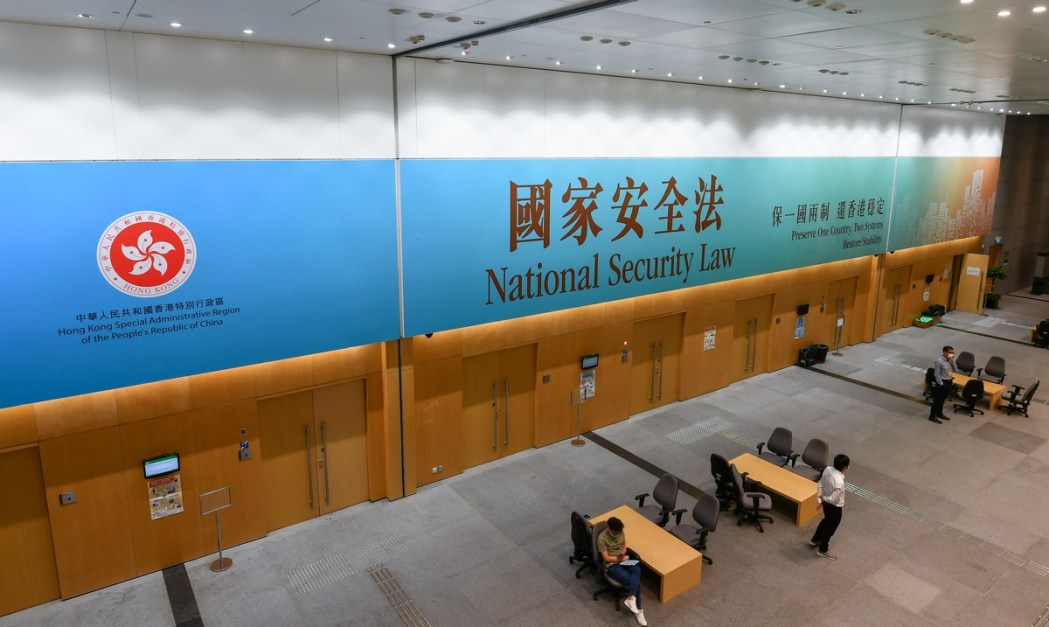Lawmakers in Hong Kong have voiced support for a government plan to bar people convicted under the national security law from acting as social workers.
The legislature’s Panel on Welfare Services on Monday discussed a government proposal to amend the Social Workers Registration Ordinance. It will add national security offences to a list of crimes that would “disentitle” a person from gaining or keeping their professional registration in the social work sector.

The proposed law will cover secession, subversion, collusion with foreign forces and terrorist acts, criminalised under the Beijing-imposed security legislation, as well as acts of treason and sedition outlawed under the colonial-era Crimes Ordinance. Other crimes containing the elements of endangering national security would also be included, said a paper from the Labour and Welfare Bureau.
The bureau told the legislature the amendment was important, because social workers “stand to exert significant influence” on people in the community over national security matters and other issues. The image of social workers would be “tarnished” if people convicted of national security offences were allowed to remain in the profession, the government said.
“Persons convicted of offences endangering national security, if permitted to discharge the duties of social workers, would put the interest of the service users at stake, cast doubt on the integrity of the social work profession…,” a government document submitted to the panel stated.

Legislators welcomed the suggested change that is expected to be presented in the next Legislative Council term. Tourism sector representative Yiu Si-wing described it as “reasonable,” saying it was important for social workers, who are “broadly in touch with the community,” to uphold professionalism.
“If social workers spread their personal beliefs or wrong political beliefs to the community when they are doing poverty alleviation work or work in schools, it will cause social upheavals,” he said, claiming that some social workers had “obstructed police” at the frontlines during the 2019 protests.
Some members of the panel raised questions about the composition of the 15-member Social Workers Registration Board. The DAB party’s Leung Che-cheung said the board gave people the impression it was operating in a “underhand” manner.

He asked if the bureau would consider adding more representatives who are not registered social workers, as opposed to the current structure of having eight social workers elected by their peers, six chief executive appointees and the Director of Social Welfare or their representative.
Secretary for Labour and Welfare Law Chi-kwong said the ratio of elected members on the board was “perhaps the lowest” among self-regulatory professional statutory bodies. The government was studying the possibility of appointing more people outside of social work to the board in its next term, Law said.
He added the government did not have a firm timeline for the overall proposals to be passed by the legislature.
Support HKFP | Policies & Ethics | Error/typo? | Contact Us | Newsletter | Transparency & Annual Report | Apps
Help safeguard press freedom & keep HKFP free for all readers by supporting our team
























